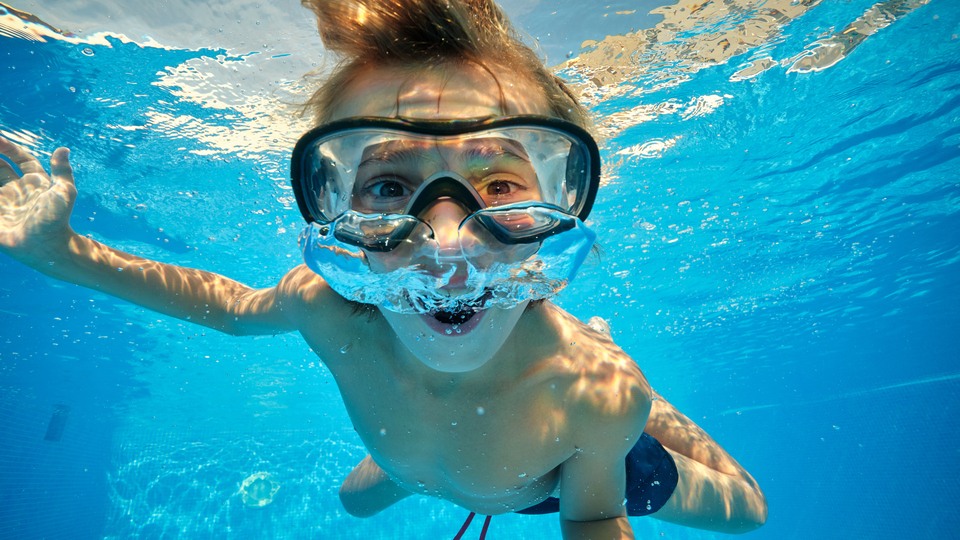Sunglasses and Eye Safety: More Than Just a Fashion Statement
17/10/2025

07/05/2025
Swimming is a popular recreational activity that provides numerous physical and mental benefits. However, prolonged exposure to the chemicals and conditions present in swimming pools can affect various parts of the body, including the eyes.
What is the potential impact of swimming on eye health and what are the precautions that we can take to minimize adverse effects?
One of the primary concerns associated with swimming is the presence of chlorine in pool water. Chlorine is commonly used to disinfect pools and prevent the growth of harmful bacteria. However, exposure to chlorine can lead to eye irritation, especially if a high concentration is used. The chemical disrupts the protective tear film that coats the eyes, resulting in dryness, redness, itching, and a stinging sensation.
Conjunctivitis, commonly known as "pink eye," is another eye condition that can be linked to swimming. The highly contagious nature of this condition makes it a significant concern in crowded swimming pools. Conjunctivitis is an inflammation of the conjunctiva, the clear tissue covering the white part of the eye and the inner surface of the eyelids. Bacteria or viruses present in pool water or untreated fresh water (particularly lakes for example) can cause this condition, leading to redness, itching, discharge, and blurred vision.
Swimming while wearing contact lenses poses additional risks to eye health. Contact lenses can act as a sponge, absorbing chemicals and microorganisms present in pool water. This can increase the chances of discomfort, corneal abrasions, and potential sight-threatening conditions such as corneal ulcers. It is advisable to remove contact lenses before swimming and opt for prescription goggles instead to ensure both clear vision and eye protection.
Swimming in saltwater or chlorinated water affects the eyes differently. Saltwater can cause stinging and irritation due to its high salt content, whereas chlorinated water can lead to dryness and irritation. Frequent exposure to either type of water can disrupt the natural balance of tears, potentially causing discomfort and vision disturbances.
a. Use goggles: Wearing well-fitting goggles that create a tight seal around the eyes helps protect against chemicals, irritants, and microorganisms present in pool water. Goggles also prevent water from coming into direct contact with the eyes, reducing the risk of eye irritation and infections.
b. Practice good hygiene: Proper hygiene, such as washing your hands thoroughly before touching your eyes, can help reduce the spread of bacteria and viruses. Additionally, showering both before and after swimming helps remove residual chemicals from the body.
c. Regular breaks: Taking regular breaks from swimming allows the eyes to rest and recover from any potential irritation caused by the chemicals in pool water.
d. Consult an eye care professional: If persistent eye irritation or discomfort occurs after swimming, it is crucial to seek medical advice from an eye care professional.
While swimming offers numerous health benefits, it is essential to be aware of the potential impact it can have on eye health. Chlorine exposure, conjunctivitis, and the use of contact lenses while swimming are common concerns. By taking preventive measures, such as wearing goggles, practicing good hygiene, and seeking medical advice when necessary, individuals can enjoy swimming while protecting their eyes and maintaining optimal eye health
For consultation, please contact us:
Our team will be pleased to assist you.